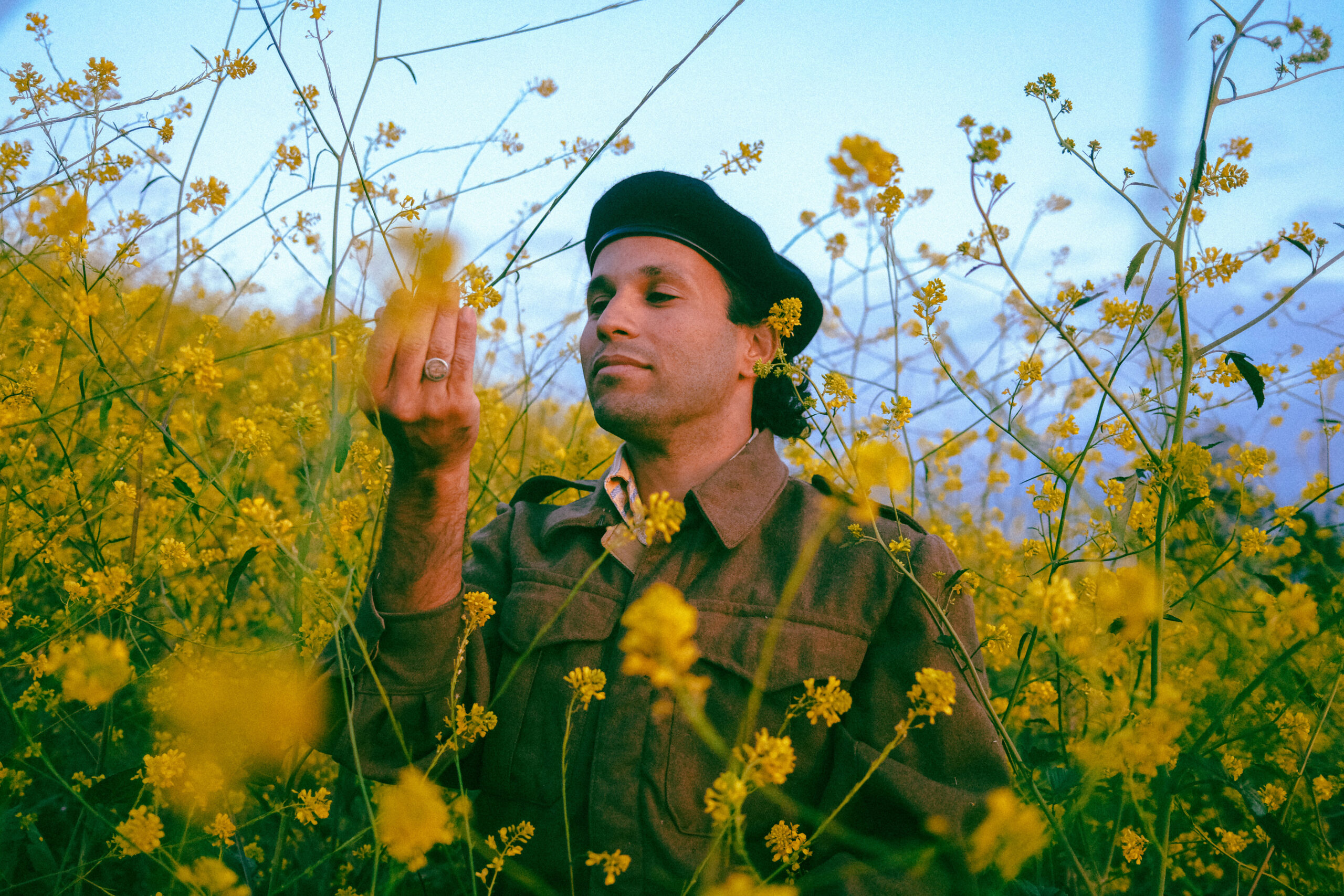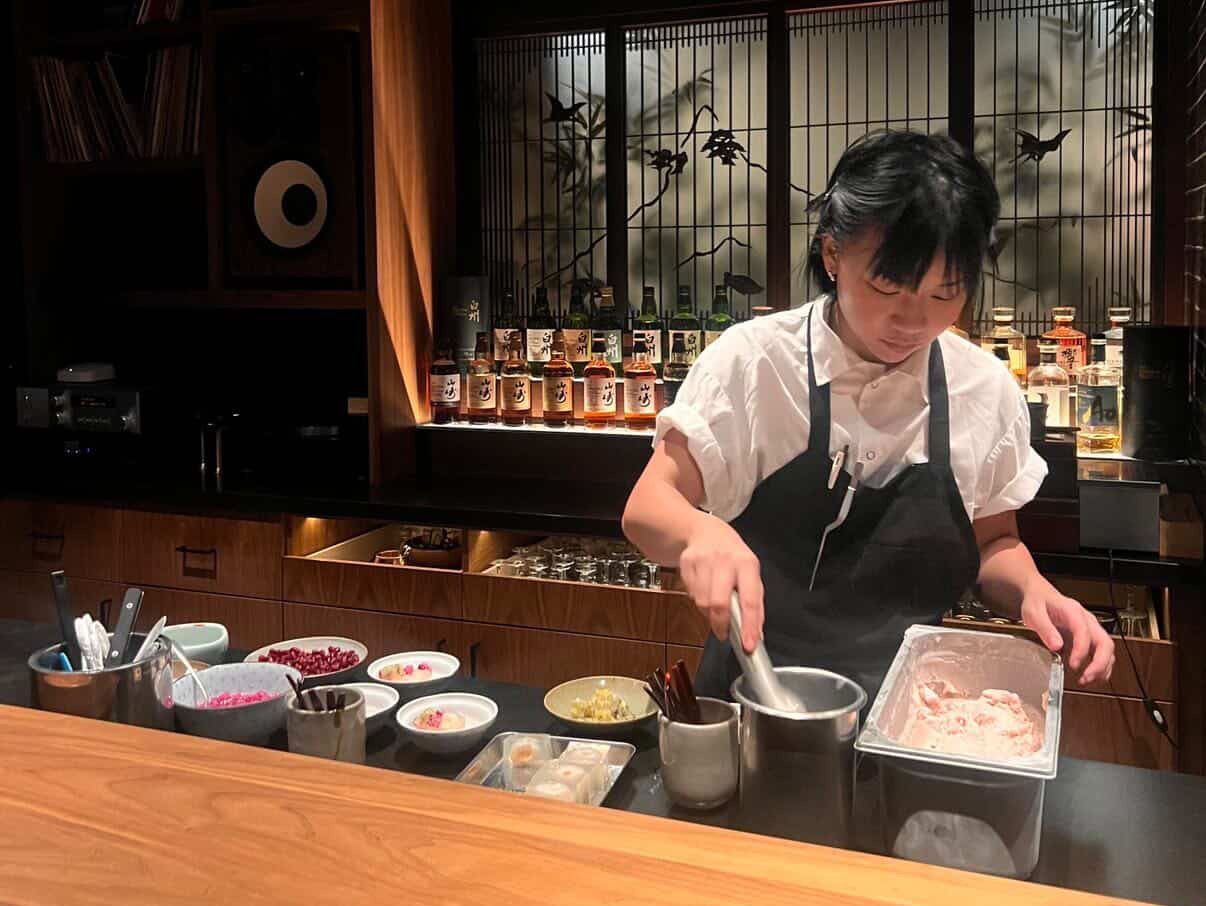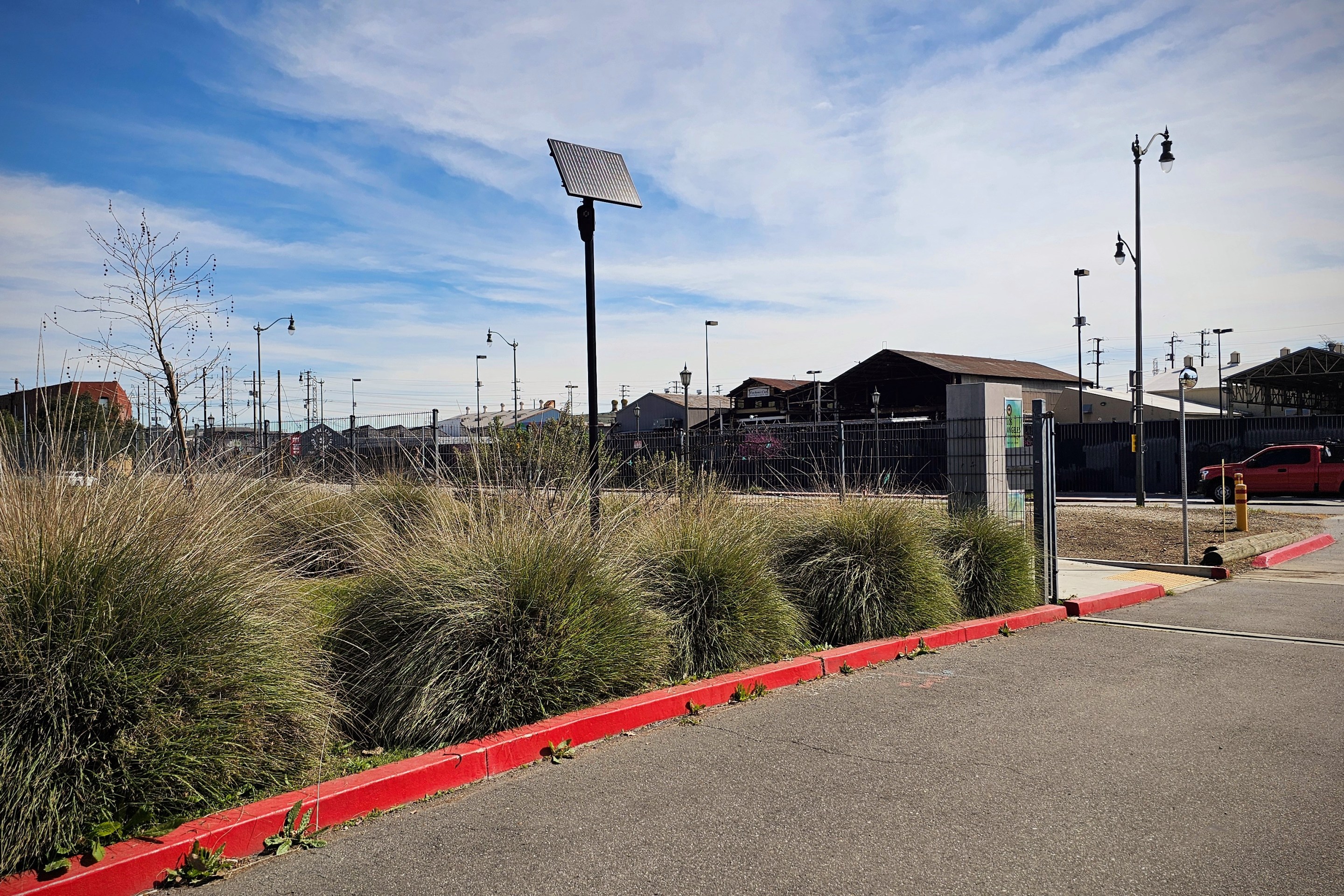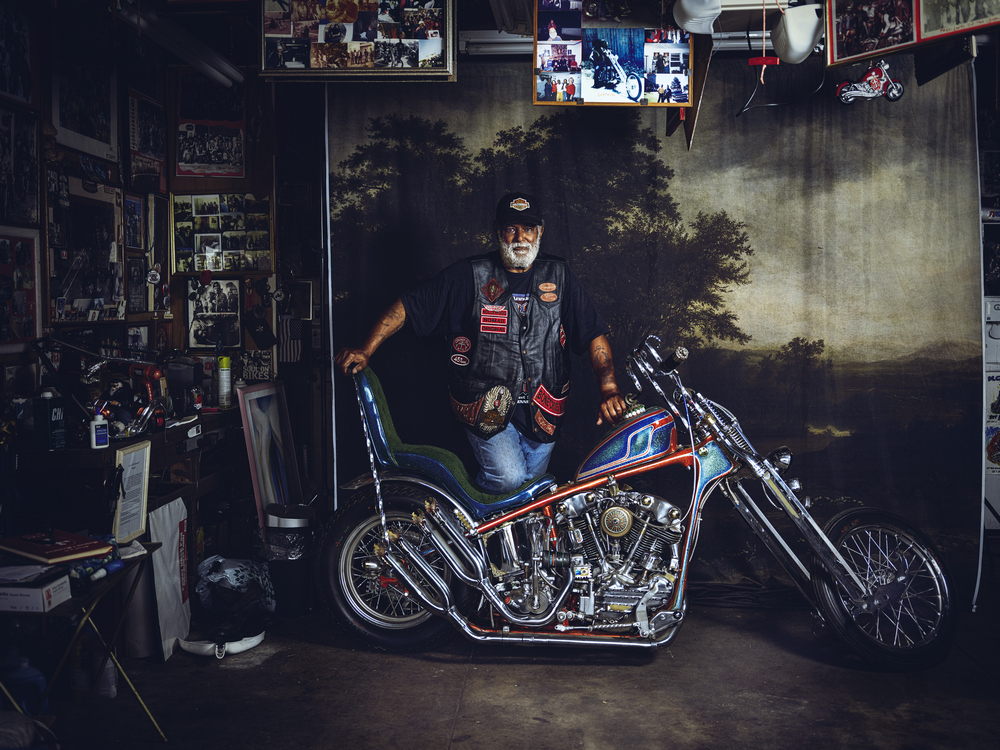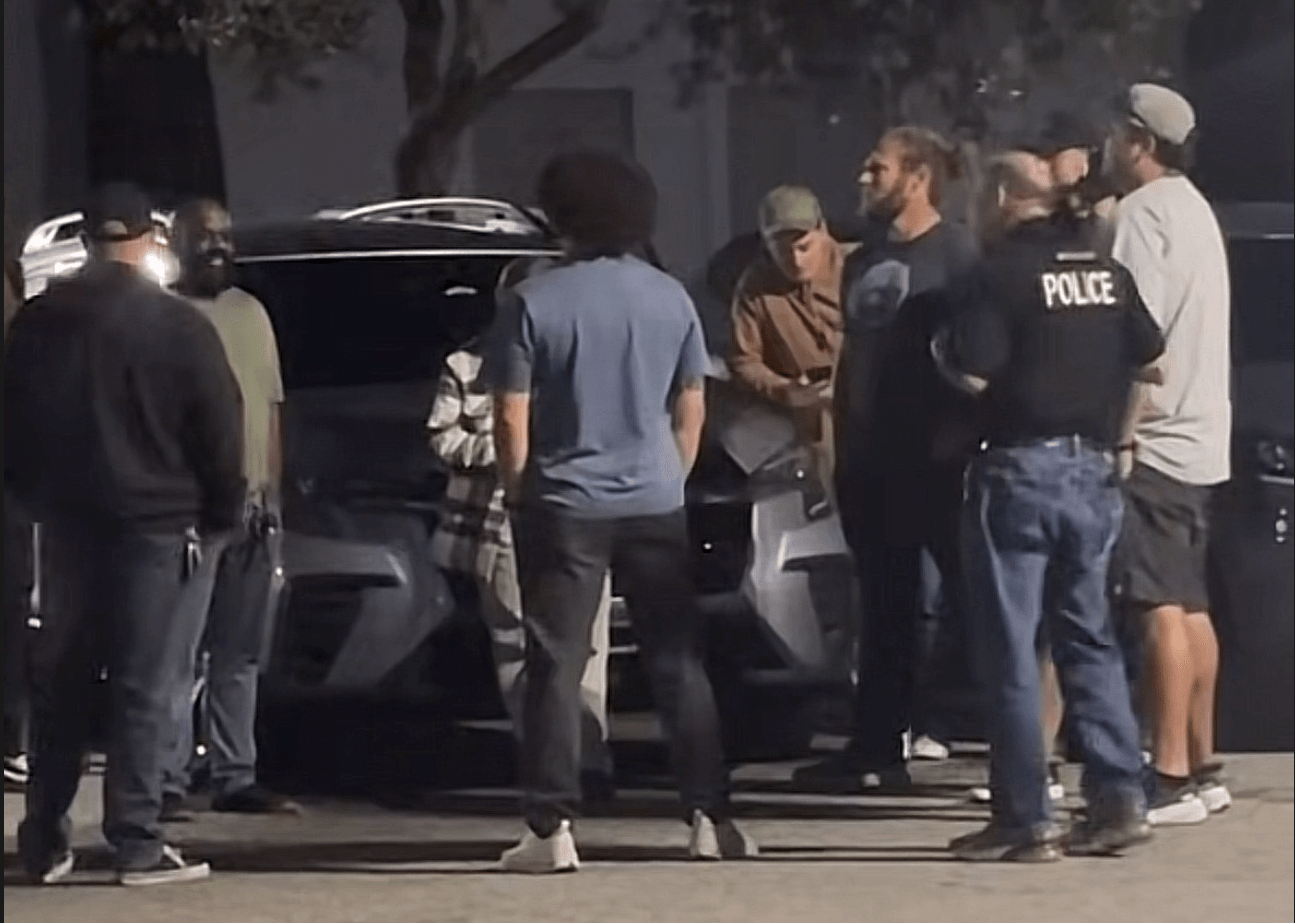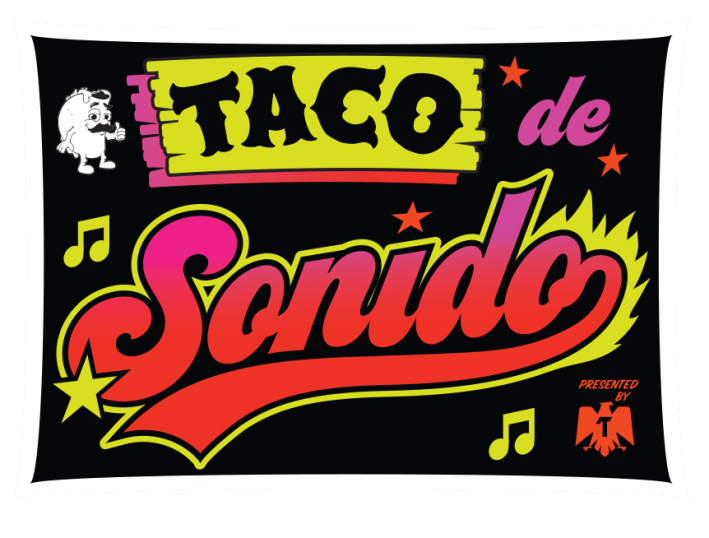
Welcome to Taco de Sonido, our new monthly music column presented by Tecate, the official beer of L.A. TACO. Each month we’ll bring you the latest up-and-coming artists that are staking a claim to the new sound of Los Ángeles. Read, listen, share, and don’t be afraid to share your comments or suggestions for new artists for us to check out. We’ve got our ears on the street but we want to hear from YOU.
Subscribe to our Spotify playlist to hear all of the artists we've profiled for Taco de Sonido.
[dropcap size=big]T[/dropcap]he journey of Pachy Garcia, AKA Pachyman, begins in a faraway place in the Caribbean island nation of Puerto Rico and takes our musical adventurer to the western coastal climate waters of Los Angeles.
To Pachy, the feeling of being a long way home is something that he has become accustomed to at his point. Talking with him, you get that sense that being Borica in Los Angeles comes with a permanent sense of culture shock. “Going from a tropical island to the desert. It’s a journey that not many Puerto Ricans make,” he explains to L.A. TACO.
Born and raised in Puerto Rico, Pachy remembers always having an interest in all things music. His parents were a constant source of support toward furthering his musical abilities. Attending public university at The University of Puerto Rico in the capital of San Juan is where Pachy studied piano. During this time, Pachy began to experience a taste of what the city life had to offer. He became a fixture at various shows held in and around the city, fully attaching himself to the music scene while absorbing different musical sounds en masse.
Establishing his roots further in what Pachy describes as a “fertile scene of musicians coming from punk backgrounds and reggae, which is a big thing,” he says—highlighting how both styles of music share ideological characteristics. In addition, the close-knit music and art scenes taking place on the island meant that many groups across the soundscape would share stages when everyone played shows. That cross-pollination process that occurred caused the vantage point of our young musical hero to widen and expand.
Looking to play music beyond the confines of the island, he and his bandmates decided to move to L.A. to try to make it. Unfortunately, as often is the case, the opposite occurred, and the group broke up. Luckily, Pachy and another member ended up making a move to form Prettiest Eyes. The band, known for their hard pulsating brand of garage rock, meets post-industrial sound, showcasing a certain amount of prowess of studio production. While in L.A., Pachy, primarily a bassist and keyboardist, purchased his first drumset and began teaching himself various beats and rhythms, helping to fill out his sound.
From those experiences, Pachy began to take stock with the idea of multi-instrumentalism even further. Applying the skills that he had developed along with plugging into a new community of musicians found in sections of Northeast L.A. in the latter part of the 2010s, “I ended up here, and I had to reinvent myself and start from scratch,” Pachy describes.
Taking it back to his musical upbringing in Puerto Rico, using the studio as an instrument has always been a constant force for the creation of Pachyman. Recalling being in the 10th grade and first hearing the live album from the Puerto Rican reggae band, Cultura Profética, played over the radio. “This song called Tempesta Tranquilla has a Moog synth in it. And I was like, “Oh, that's tight,” Pachy explains. Then, inspirational sparks began to fly. The Moog keyboard sound blending and a reggae beat ushered in the pathway to a psychedelic sound.
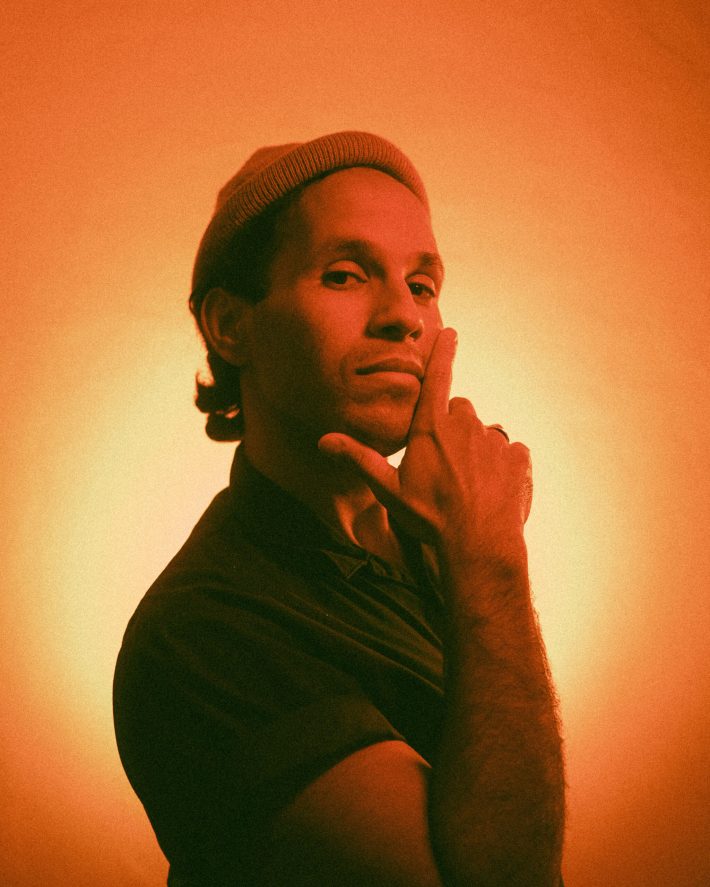
Using the reggae en Español sound as a blueprint, Pachy began to dive deeper into an ocean of sounds. He would eventually find his way to traditional genre forms, such as Bob Marley and the Wailers. Then, later on, swimming out further into the murky waters of the Dub with artists such as Augustus Pablo, King Tubby, and The Scientist. Coincidentally, this time period also marked when the Puerto Rican reggae scene was blossoming onto its own. “ I was listening to these records and being like, “Oh shit; there are bands that do that shit here on my island,” Pachy recalls.
The thriving reggae scene in Puerto Rico attracted the attention of a wide variety of touring reggae artists, which was rare in most cases since it’s not typically cost-effective for groups outside to play shows on the island. However, it wasn’t uncommon in the mid-2000s for legendary roots reggae and dub artists to play, specifically the Tito Puente Amphitheatre in San Juan. Often the touring acts were backed by local Puerto Rico musicians. Groups such as Midnite, Israel Vibration, Roots Radics all graced the stage where a young Pachy witnessed their irie greatness.
Recalling the vibes at those shows served as a mind-altering experience for Pachy. “It was such a moment in time.” Of course, weed was still very illegal at the time, but often, many would turn a blind eye creating a more freeing environment during those shows.
As Pachyman, he seeks to create a type of energy with live performances. Using the live format as an opportunity to dial in his craft beforehand to better engage with the crowd who comes to his shows. Describing it as “creating a safe space for everyone, so everybody gets to feel like it's okay to dance, and it's okay to vibe, and it's okay to be happy. Even though it's a tough world that we're living in constantly, it's kind of like a form of escapism”, Pachy says.
“Being from an island, there's this thing where you ultimately want to entertain ourselves and have a good time. And that idea, in particular, goes hand in hand with the creation of music that’s intended to dance to...”
“I've been in bands for 20 years, and I've never been as nervous as I’m on stage on my own, '' admits Pachy. Being a dub reggae musician requires him to perform the music and live mixing it almost simultaneously. Watching Pachy on stage, it's as if he’s dancing with the music itself on stage. Bobbing and weaving, as he mixes live, Bobbing and weaving are always in a state of constant motion as the rhythms float all around him. Riding on that cloud of escapism, Pachyman as a solo performer requires him to take inspiration in that very idea as he performs alone on stage.
“Being from an island, there's this thing where you ultimately want to entertain ourselves and have a good time. And that idea, in particular, goes hand in hand with the creation of music that’s intended to dance to,” Pachy explains the connection to reggae and being Puerto Rican. That island mentality lends itself to the desire to create as a form of expression. “There's not a pressure to create anything that has to be marketable or whatever,” Pachy says.
On his most recent LP, The Return of Pachyman, released in the summer of 2021, with songs such as Destroy The Empire and Foundation Sound, provide a complete portrait of Pachy as an artist in his prime. Building off his repertoire on his previous releases, At 333 House (2020) and In Dub (2019) seem to represent music that has only just begun to reach its creative apex. Playing most of the instruments himself, then later flipping into samples, provides a window in the Pachyman universe. But, of course, he doesn’t just only go at it alone. In such cases as on The Return, he’s joined by some of his friends, such as on the track Ruben Durazo, featuring locally hired gun trombonist foo of the same name, who has played with the likes of L.A. Taco favorites The Delirians and Boogaloo Assassins.
Keeping it the family is part of Pachyman's vision when it comes to creating music. In addition to his album catalog also remixed fellow Puerto Rican natives Buscabulla on their song Ta Que Tiembla and fellow Angeleno Natalie Bergman-Paint The Rain. Bridging the gap between both places Pachy has called home seems to make perfect sense. Each piece reflects Pachy’s ability to color every musical landscape he comes into contact with using his particular disposition. “I ended up here in L.A. and like everyone is striving to make it, which has its dark side as well. But when you have a good community, even if you don’t make it, the journey ends up being pretty amazing, you know? All the friends you made along the way.” says Pachy with a smile.
